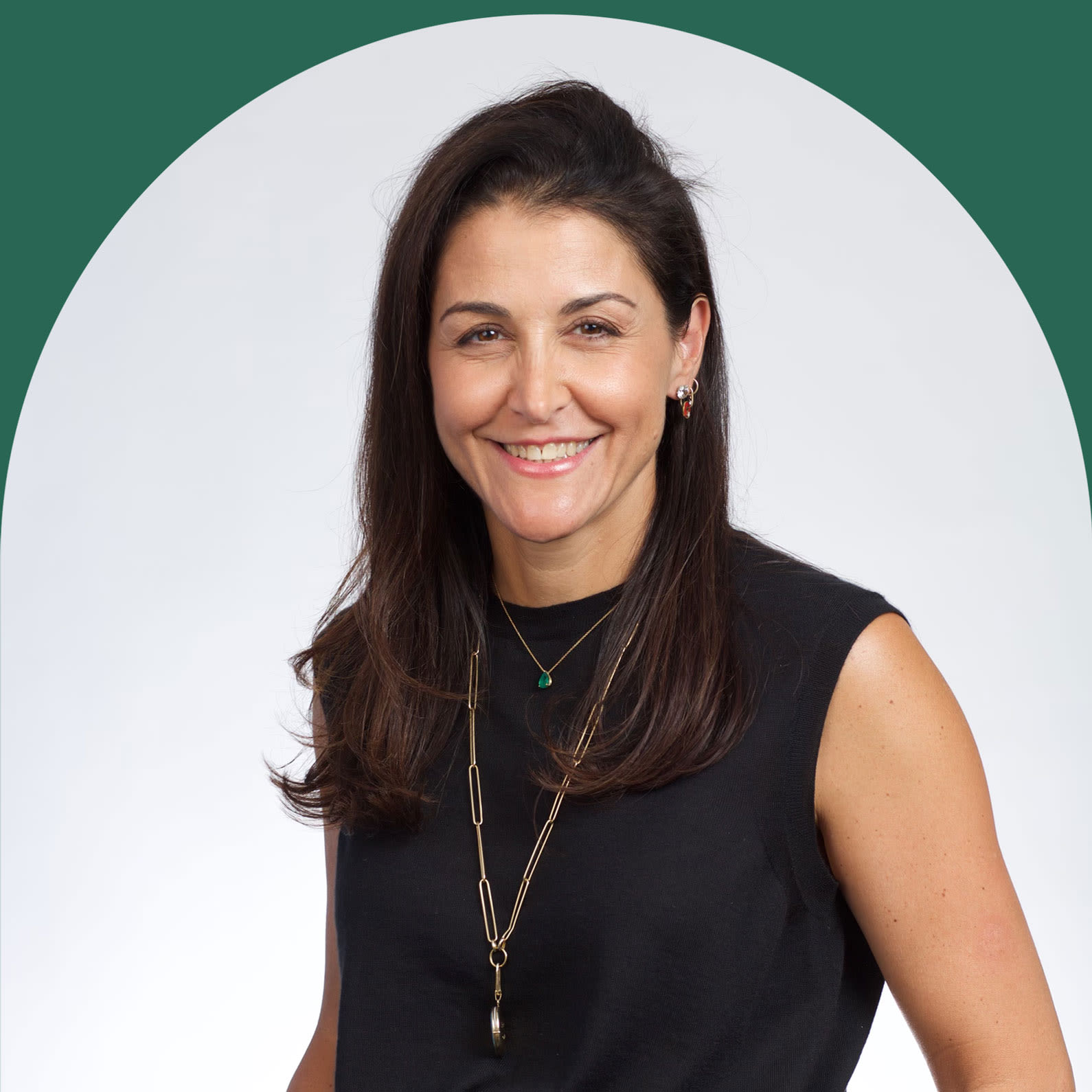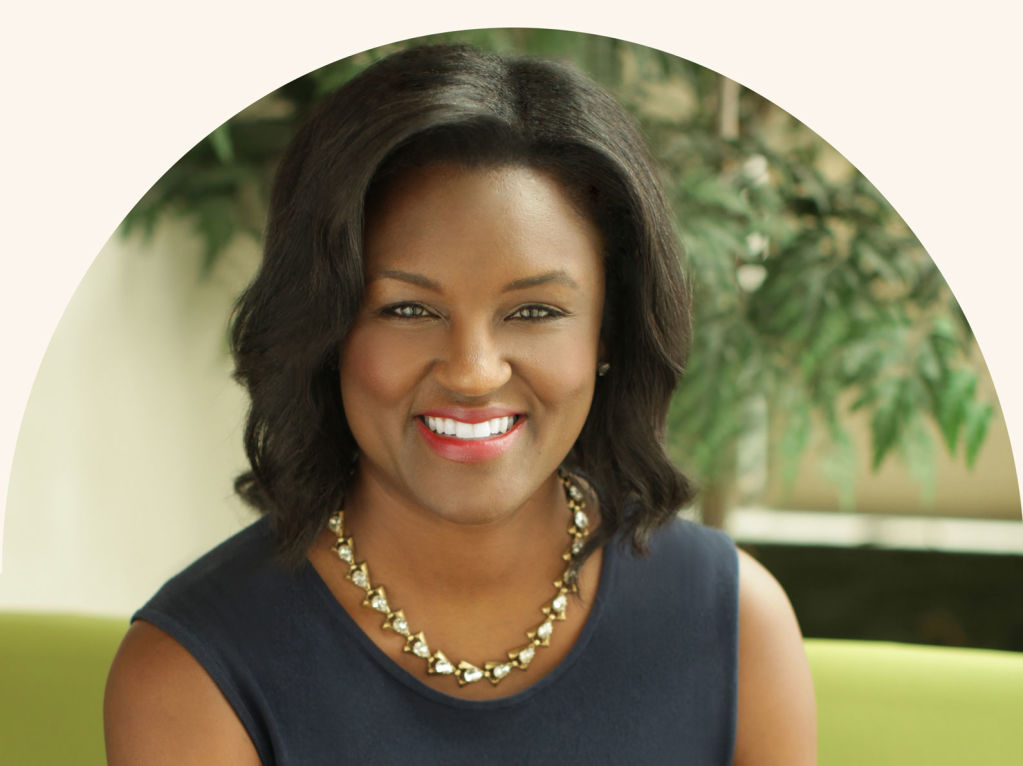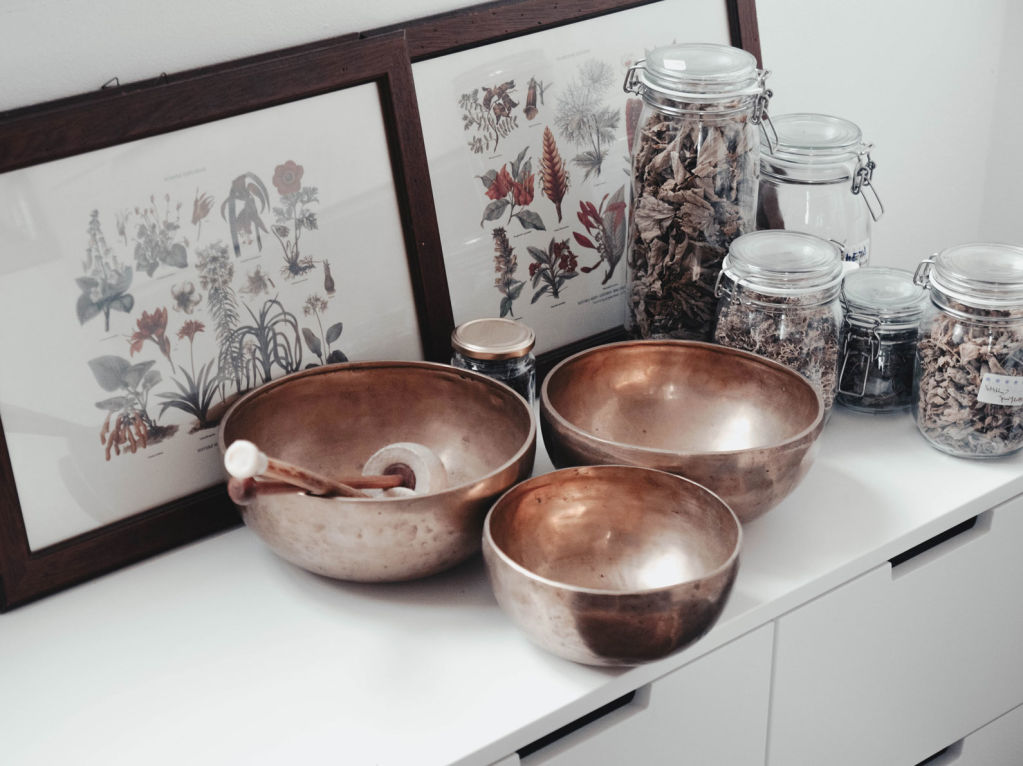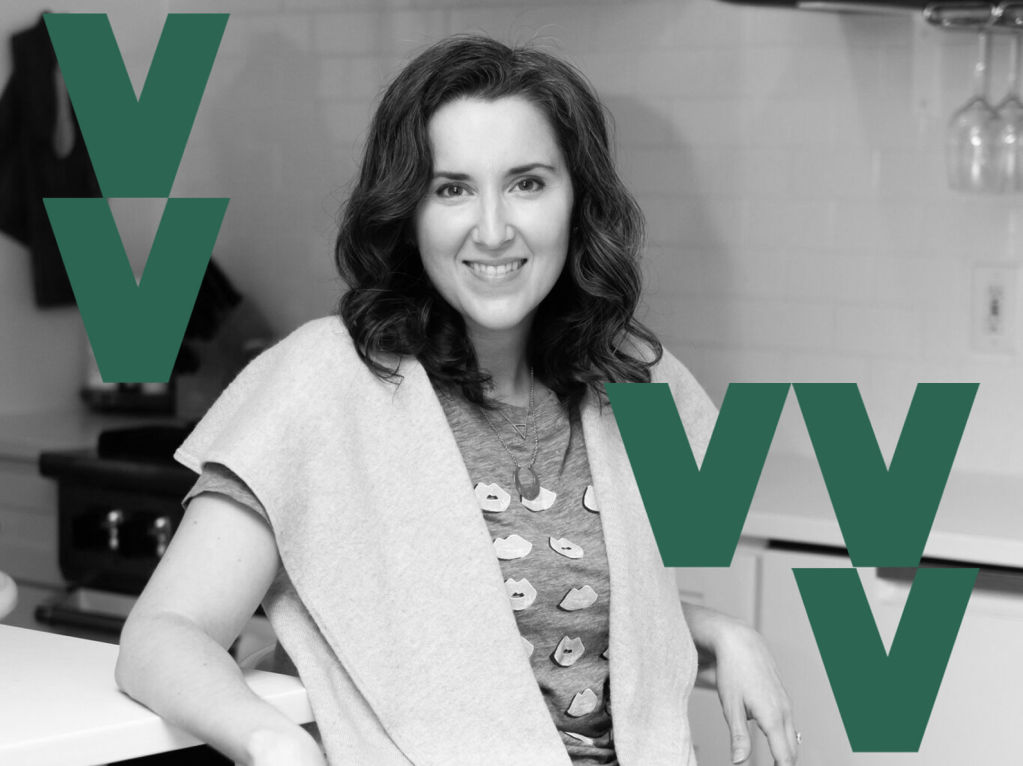Veracity: Can you tell us about some of the most common issues you're seeing in your office?
Dr. Jaime Knopman: My biggest is fertility preservation. I'm writing a book and I've toyed with the title Wear Sunscreen and Freeze Your Eggs because the reality is that the days of our moms and our grandmothers getting married at 21 and having babies by age 22 or 23 doesn't exist anymore for most parts of this country. Unfortunately, what has happened is women come in to see me in their mid- and late-30s and they're shocked that they're infertile. The problem is that it's not shocking because our eggs we're not designed to go the distance. We really have a very short span for when our eggs are functional and when they can create viable pregnancies. Now that the message is getting out there, more and more women are coming in to freeze their eggs at younger ages. My average age of egg freezing is 31. It wasn't like that five years ago.
V: That's really interesting. So, you've seen a pretty radical shift just in the past five years?
JK: I pulled my own data yesterday, and I think I did around 55 cases of egg freezing in 2019. To date in 2023, with half the year still left, I've done 180. I've now started to interview a lot of tech companies, law firms, and different businesses, and they're seeing women coming in asking about what they offer in terms of fertility benefits. The conversation has changed a lot.
V: One thing our readers are very interested in is the interplay between hormones and sexual health. I'm curious if you could tell me a little bit about how stress impacts sexual health and how it can impact fertility. What should women be paying attention to?
JK: Stress is the million-dollar question. People always come to me and say, “My mom or my friend said I have infertility because I'm stressed.” And no, you probably don't have infertility or imbalanced hormones because you're stressed. But the stress is probably making it worse.
We all know when you're stressed, your cortisol levels are higher. Cortisol is not great. You want cortisol at some points, but you don't want chronically elevated levels. Does it contribute? I’m sure it does. But unfortunately, when you stress about stress, you become more stressed. I always tell my patients to find an activity or a hobby that helps you take the stress away, whether that is reading or running, knitting or listening to music. If it de-stresses you to go to acupuncture or to take supplements, then do it. But if you're running across town in five o'clock traffic to get to acupuncture, I can tell you it doesn't matter how good that acupuncturist is, it's not gonna work.
Now, in severe cases of stress, can you stop your menstrual cycle? Yes, your body and your brain are smart and they may be like, “Hey, this isn’t a good environment in which to get pregnant so I'm going to turn this system off.”
I also think when you're stressed, a lot of times you don't feel good about yourself, and who wants to have sex when they feel like crap? For fertility patients, sex can become like a project. I always tell women to throw away that binder of rules because it’s making this situation worse. If you just have unprotected intercourse two times a week and you're ovulating, you’re going to be fine because sperm is going to live in the reproductive tract for five days. And honestly, that'll probably make that situation a lot better because you're not sitting there stressed about it.
V: On the flip side of that, we've heard a lot about how sex or intercourse is a great tool for helping your hormones and optimizing your hormonal health. I'm curious if this is true and if there are any insights you can give about how you can use sex to treat stress?
JK: It’s the euphoria of the act. I'm a crazy runner, so I always think about how I feel pre- and post-run. I'm a totally different person because all those catecholamines [like dopamine and epinephrine] are going off in my brain. The same goes for intercourse. It should be a pleasurable experience, so those endorphins, those catecholamines, are being released and can make you feel better, less stressed.
V: What are the top three things somebody can do to preserve their fertility and optimize their reproductive and sexual health?
JK: Number one is to come in and chat with a fertility doctor. Don’t wait. You may come in at 25 and you’re not sure if you want to freeze your eggs. But then you tell me your mom went through menopause at 35 after her period just stopped. That's a red flag going off in my head because now you have a major risk factor for infertility. So talk to someone and let us assess your egg quantity.
I also ask patients all the time, “What's your game plan here?” Is your plan to go to med school and residency and become a cardiothoracic surgeon? Then you're going to turn around and be 39 when you’re ready to have kids. Or are you thinking, “I found someone we're going to try and have baby now.” Whatever your plan, it's a good idea to get that conversation going.
Number two, I say it to my daughters all the time: If I catch you smoking, I will kill you. Cigarettes are the worst thing you can do for your ovaries. They're going to kill your egg quantity and egg quality. So don't smoke.
And number three is to be wary of all the Internet data. People will come in and tell me they stopped the pill because they heard it was bad for their fertility. But they have endometriosis. And now their ovaries have been eaten away by the condition for the past five years when they should have been on the pill. So, make sure you’re getting good medical information from a reputable place.
V: What are some of the top things you do in your life to help optimize and preserve your hormonal health?
JK: I take tamoxifen, an antiestrogen, for breast cancer reduction and risk of recurrence. It may be funny coming from a Western doctor, but I really try to modify my diet to reduce foods that I feel are inflammatory to my own system. While I do not suffer from an autoimmune disease, I am very aware of the impact inflammatory foods can have on our bodies and our hormones. I also take a probioitc daily because it improves gut health and so many important things start in the gut! I am super active and do some form of exercise every day for at least 30 minutes – run, strength train, ride, play tennis – I think it really helps my headspace and keeps my hormones regulated. Lastly, approaching my mid 40s, I have become crazy about the importance of sleep. So many of us don’t think we need sleep when we’re in our 20s or 30s, but we actually really do. So, I've tried to make that more of a priority.
V: Is there anything else that you think is important for our community to know?
JK: I think medicine is best played like a team sport. It’s better when the doctors or practitioners are all working together. Long gone are the days of the old guy in the white coat that tells you what you need to do and then doesn’t see you for another two years. Now, it really should be accomplished as a team. So, I'm always happy to work with Eastern medicine practitioners, nutritionists, physical therapists, and mental health specialists. When we're all working together, the patients get better care.
This interview has been edited and condensed for clarity.





